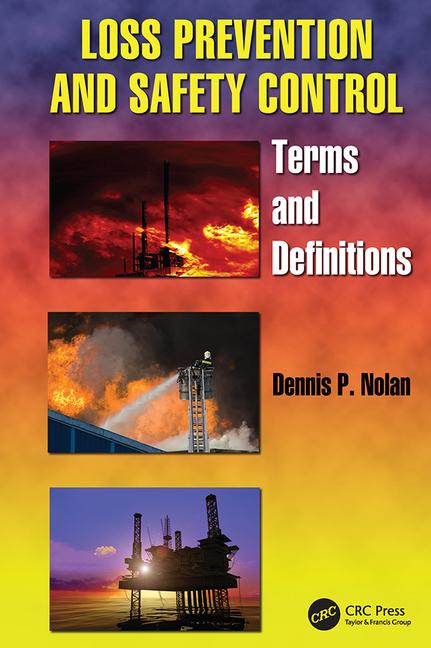According to OSHA, nearly 30 million employees are exposed to hazardous noise levels at work every year. Long term exposure to high levels of noise can cause permanent tinnitus or hearing loss.
So if you experience hearing loss while working in a noisy environment, you may be eligible for workers' compensation.
Workers' compensation statutes are different in each state. Some states recognize hearing loss as a compensable work injury covered by workers' compensation.
For instance, Pennsylvania's Workers' Compensation Act states that a hearing loss of 10 percent or more in both ears is covered by workers' compensation. If you have permanent hearing loss, you can get 66.66 percent of your wages for 260 weeks for each 10 percent of hearing loss. So if you have 20 percent hearing loss you can get compensation for up to 520 weeks.
If you have prior hearing loss, then the new work related hearing loss must equal at least an extra 10 percent loss. So if you had a 20 percent hearing loss before you started work, your work must have caused you 10 more percent of hearing loss, 30 percent total, before you are eligible for workers' compensation.
Most other states that recognize hearing loss worker's compensation claims have similar provisions, but it is still wise to check your state's specific laws.
As with all workers' compensation claims, you must be able to show that your hearing loss was work related.
Employers and insurance companies may try to point to advanced age, or the fact that you like to listen to loud music as the cause of your hearing loss. It may be easier for you to prove work related hearing loss if you work in a noisy environment where you have to wear protective gear to cover your ears.
If noise is a constant feature of the work environment, employers often require employees to take a hearing test before starting their employment. These tests may help the employer show that only part of your hearing loss was work related and that you had hearing loss before you started working for them. However, you can still get workers' compensation when conditions at work aggravate a prior injury.
Source: Findlaw




